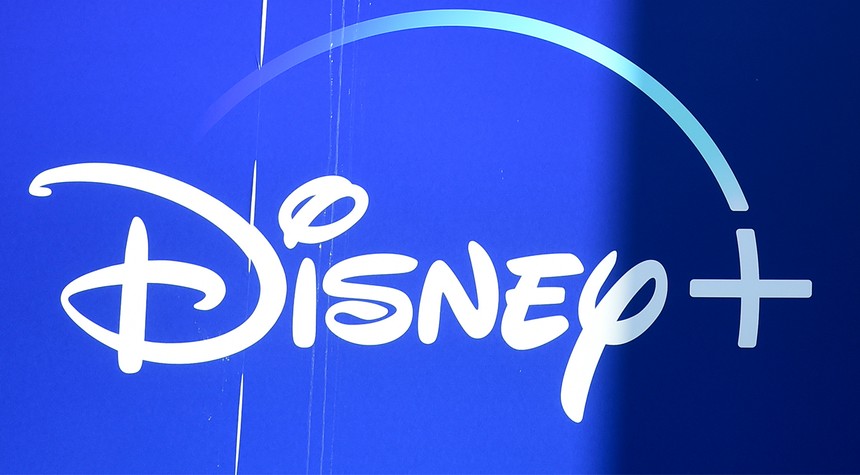BY RICK MORAN
November 30, 2021
-PJ Media
The Walt Disney Company, which owns the streaming service Disney +, decided to drop an episode from the 16th season of The Simpsons from its menu in Hong Kong because it ridicules the Chinese Communists’ portrayal of the Tiananmen Square massacre.
In the episode, Homer takes his family to China where they visit Tiananmen Square and come across a placard that reads: “On this site, in 1989, nothing happened.” Disney executives didn’t even wait for the Chinese Communists to ban the episode; they pulled it and ran away with their tails between their legs.
Disney has allegedly removed one episode of The Simpsons from the Hong Kong edition of Disney+, which described the family’s visit to Beijing and carried this famous scene.
Via @StandNewsHK https://t.co/PAs1SdoxEk pic.twitter.com/VwXiFHADAK
— Alvin Lum (@alvinllum) November 27, 2021
What makes Disney’s surrender so egregious and cowardly was that other streaming services are hosting similarly controversial content and are continuing to show it.
The content rules governing streaming services in Hong Kong remain somewhat unclear, although analysts believe it’s only a matter of time before they are hit with the same restrictions that are undercutting the city’s once-vibrant film sector and international journalist community. When asked in August whether the new film law would apply to online platforms, a spokesperson for the city’s Commerce and Economic Development Bureau told the Hong Kong Free Press that “other” laws apply to the internet: “[TV] broadcast and the Internet are subject to other applicable law and regulations. Whether an act constitutes a crime or otherwise would depend on its specific circumstances and evidence, and cannot be taken in isolation or generalized,” the spokesperson said.
Netflix nonetheless continues to host several pieces of content that would surely be banned from theatrical exhibition according to the new laws. Still streaming on Netflix in Hong Kong is Joshua: Teenager vs. Superpower, director Joe Piscatella’s documentary about the Hong Kong student activist who became the face of the mass pro-democracy movement that brought the city to a standstill in 2014.
This is not the first time that Disney has played ball with the genocidal killers in Beijing. The company filmed parts of the movie Mulan in Xinjiang, where 2 million Uyghurs are said to be in reeducation camps and are used for slave labor.
But for Disney and other media companies doing business in Hong Kong, it’s a new world dawning.
“The new film rules in Hong Kong will have a chilling effect,” Piscatella told The Hollywood Reporter earlier this year after the new censorship law was announced, adding, “One of the last vestiges of free speech in Hong Kong is now gone. The result is self-censorship by filmmakers who now have to question what might run afoul of the new rules and increased scrutiny by financiers and distributors who now must consider that very same question.”
At the beginning of this century, there were questions about whether any repressive, authoritarian regime could survive in the internet age.
With the help of American technology companies who attacked the problem by figuring out ways to tame the internet and make it an organ of state propaganda, the dictators and thugs needn’t have worried.
Where a buck is to be made, Big Tech will always be there.




